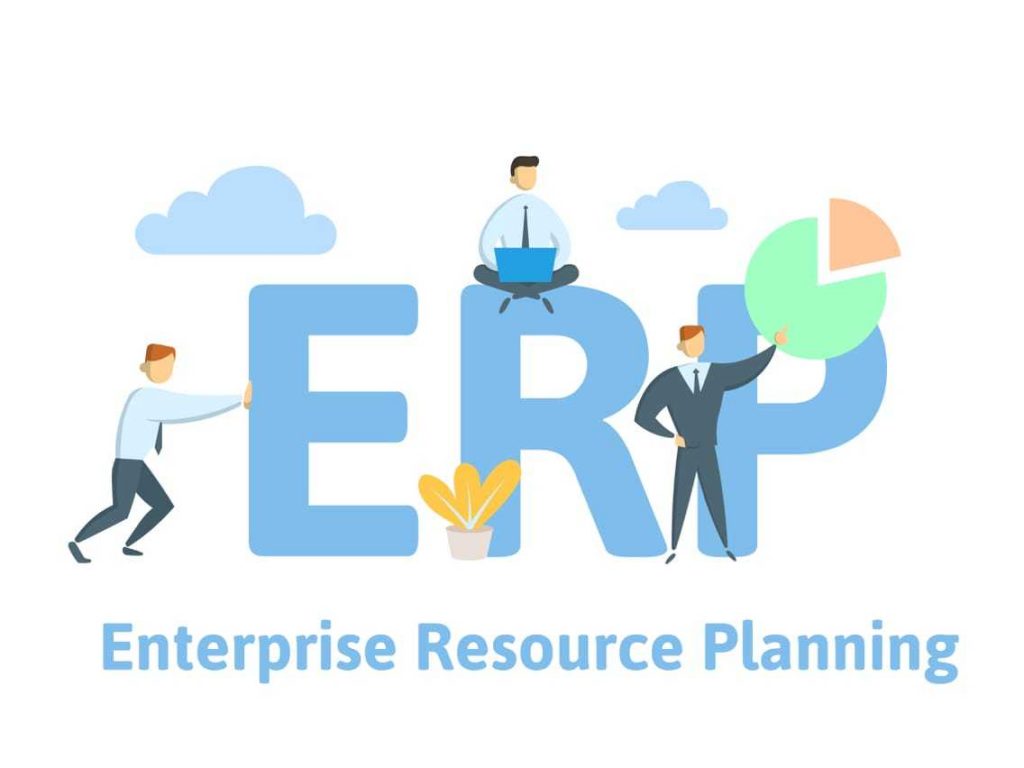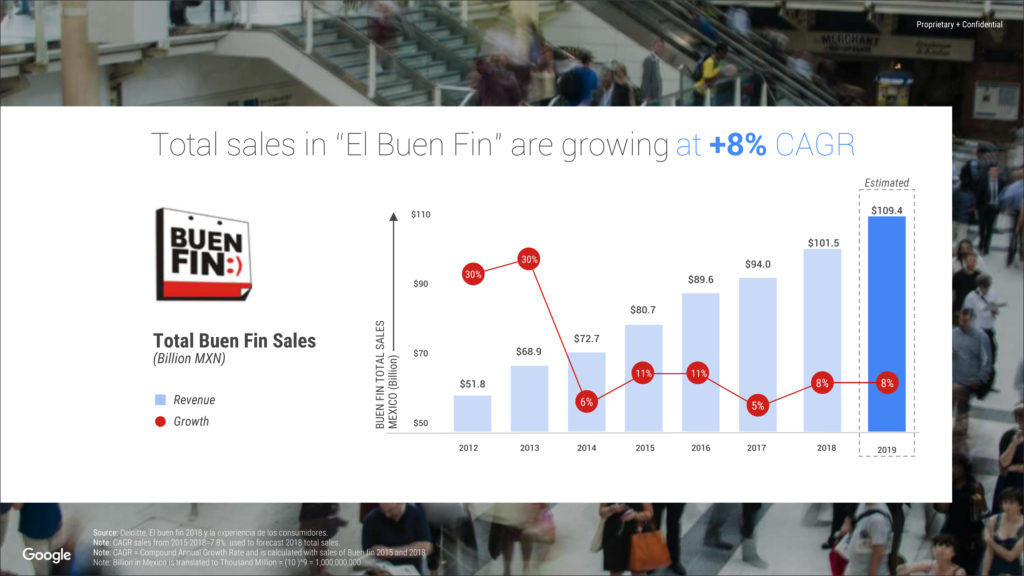When clients ask me; Mario, what are the issues commonly observed in most organizations that decreases competivity? Definitely not having an ERP, I answer.
In my experience as a business consultant, I have found that the technological dynamics and the evolution of organizations is so fast that 5 years ago what you constantly saw in companies were control problems based on the establishment of limits (such as the need to the creation and implementation of policy and procedure manuals, for example), just 5 years ago, thinking about evolving from control systems by limits to technological structures based on ERP solutions could be considered a kind of luxury – even for many organizations it is – but today not having an ERP is perhaps one of the most important reasons why a company can lose competitiveness.
However, what is an ERP?
Enterprise Resource Planning -for its acronym in English- is called large information systems with integrated business processes. It is the natural evolution of manufacturing planning systems (Manufacturing Resource Planning or MRP). Such ERP systems have traditional business functions; they include finance, accounting, sales, human development and processes; enable companies to effectively and efficiently manage the use of their resources (inventories, human resources, financial, etc.) through an integrated solution for the type of information processing needs of each company.
There is no doubt that every company needs an ERP, the real problem is how to select the right one for each company.
“You are right, I have no idea how I, together with my collaborators, could choose the best ERP for my company, much less what I have to analyze to select the best one”. Before I give you a guide to choosing an ERP I will share what I have found as risk factors that are repeated over and over again.
As can be seen, the selection of the ERP has the greatest impact and it is here that I wish to contribute with a guide for the best and most practical way to choose it.
Selection criterion number 1: The functionality of the ERP
The functionality of the system must have an important weight in the selection of the ERP, the aspects that define the functionality have to do with:
How complete is the ERP? It means that the solution that is presented must be adapted or have most of the system modules related to the main activity of the company, in addition to having clear support for its most critical processes. This evaluation has a formal structure and is based on the construction of business process maps, compared with the process maps of the “candidate” solution that is presented. This is a critical phase of selection, a black-and-white decision: does it suit my business or not? This means that if said comparison does not correspond adequately, the system should not be selected regardless of the “selling” arguments of those who want to sell the solution. Is the tool easy to understand? It is true that the level of executives who work with an ERP have a different mindset than those who in their professional experience have not, but this is simply because the mentality of working with integrated systems to work with those that are in silos of information is exponentially different. It does not mean that the people who are in the organization should leave because the tool is complex to use and it is an argument of the ERP company, “the system is good but your people are the ones that are useless”. Be careful, this argument is repeated a lot and my advice is to choose a simple system, not one that requires postgraduate studies to be able to use it.
Selection criterion number 2: Technical criterion
The selection of hardware and software is of great importance to approve the ERP solution, preferably the system must work with current information technology trends. Companies must be certain that their potential supplier will always have the possibility to grant system updates in terms of security in order to have the best use of the technology that will surely evolve in the future. The technical criterion must also reveal some aspects such as its stability, quality and safety. It is very common that on paper the system is perfect -or in systems controlled via demos- but in real environments it does not work properly, either due to speed or instability. In this criterion I highly recommend you to make a team of consultants who give you their opinion in technical terms, always independently of your information technology team and independently of the company that wants to sell you the ERP.
Selection criterion number 3: Budget
The company must budget in great detail, and must be sure that it can sponsor a project of this magnitude, that it can buy and implement the solution.
Some topics that I recommend reviewing are:
Software licenses necessary for the solution to run efficiently. All necessary hardware; servers, workstations, wiring, telephony, communication antennas, fiber optic connections, mobile equipment, etc. The cost of implementing the solution. In this case, I recommend reading the fine print of the contracts because it is very important to define the possible deviations of the project and their costs, in addition to the responsibility of each party. Preventive change management consulting. Remember that the change that the collaborator will undergo will be 180 degrees, so before any implementation of this magnitude, I recommend investing in consultants who help your collaborators prepare for the change that is coming for at least the next 12 months of workQuantify everything what ERP companies do not say: the solution is question, question and question. Ask until there are no doubts, preferably in that phase of the analysis and not when invoices arrive with surprises.
Selection Criteria Number 4: Service and Support
This criterion is really important because this is where the cost of the project can skyrocket between 7 and 10 times the cost of the software. The service and support that the ERP company can provide is of great importance to the success of the project. Most organizations face problems of all kinds, they can be technical or installation, tool customization or even severe security problems. In order for this type of difficulty to be handled in the best way, the ERP company must have a team of professionals with extensive experience to ensure support. One more piece of advice, include this part of the support in the contract so that you are legally protected in case it is not provided.
Selection criterion number 5: Evaluate the provider
This criterion is one of legitimacy, please, and let me repeat it, please, before signing a contract with the ERP company, interview at least 5 clients selected by you, not selected by them, when they make their first presentations and show you some of their clients, take note and interview them without notifying the ERP company, the interview aims to make you objective criteria, asking the aforementioned factors.








